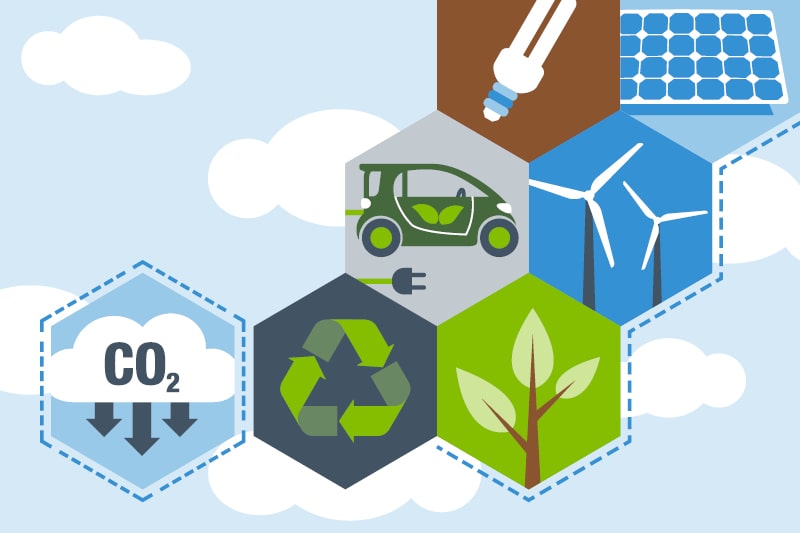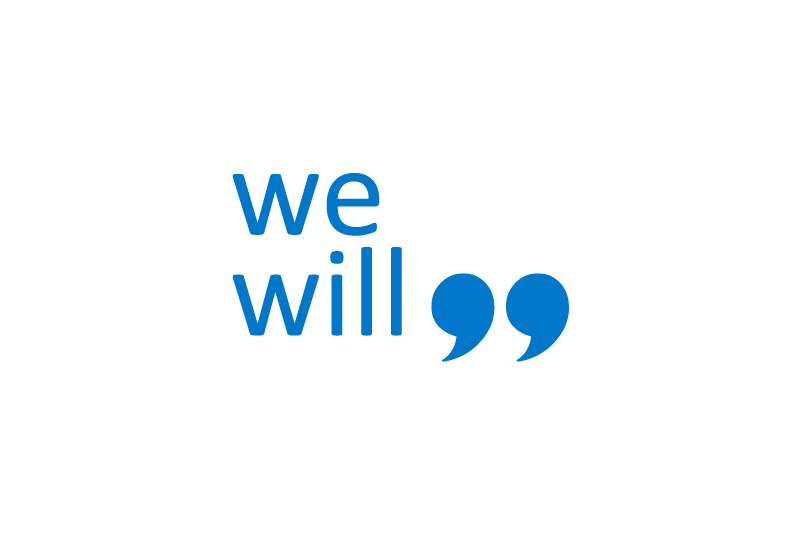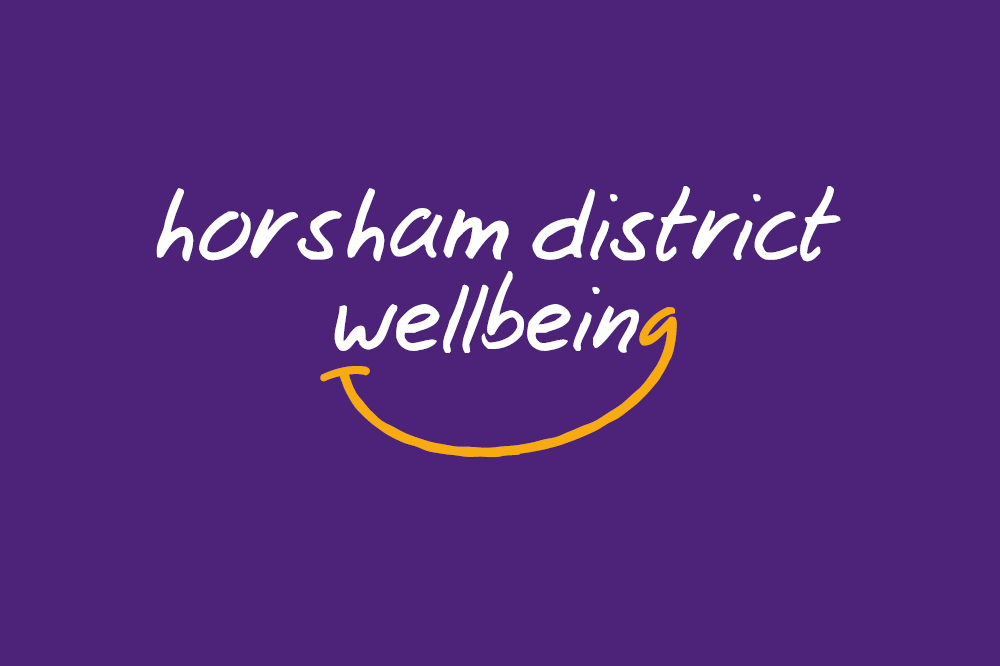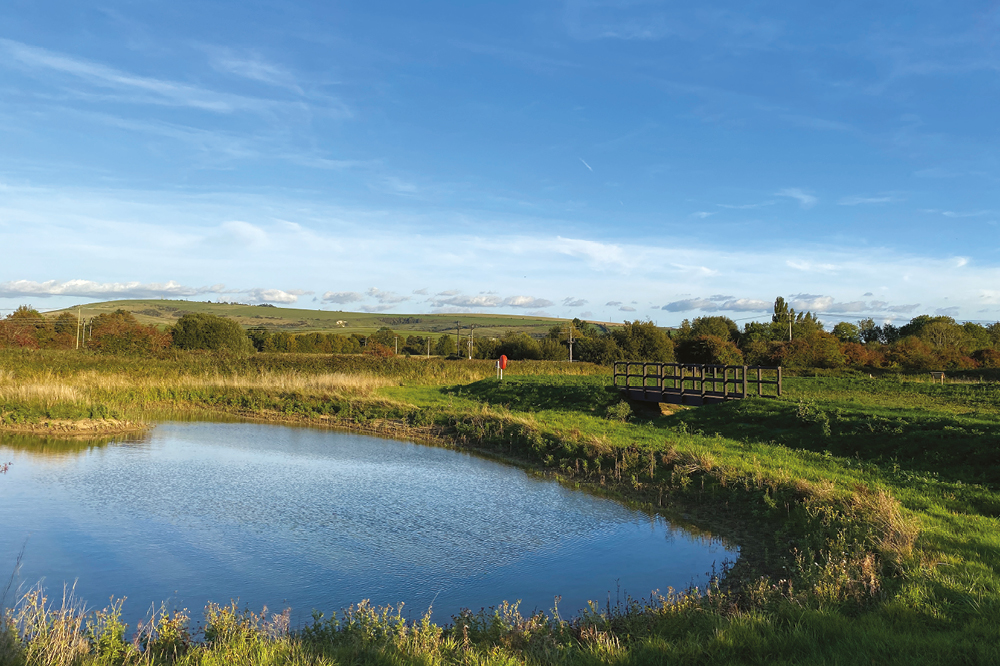Edition: Winter 2020/2021
One of the priorities in our 2019-2023 Corporate Plan is to work with partners to reduce carbon emissions across the District. In order to do this we need to identify the main sources of these emissions.

Take a look at the Council's carbon emissions:
- The total 2018 carbon emissions from fuel emissions for the District were 649 ktCO2 – one tonne of carbon dioxide equals the average emission of one passenger on a return-flight from Paris to New York, or driving 6000 km with a diesel car
- Emissions have fallen by 33%since 2005. This is mostly due to electricity being generated from lower carbon fuels and renewable technology; such as the Rampion Wind farm off the Sussex coast
- The largest source of emissions is transport (42%). The vast majority of this is road transport using petrol and diesel
- The second largest source of emissions is from the electricity and gas and oil used to power and heat homes (32%).
We will be working with other organisations to reduce the emissions for the District. However, we have started to take action to reduce these emissions; for example, working with other councils to install a new network of electric vehicle charge points across the District.
Doing our bit as a Council
As a council we are already making great progress in reducing our own carbon emissions.
We now have two targets to reduce our carbon emissions:
- An aspirational target for the emissions that are more directly within our control to become carbon neutral by 2030 (these come from the fuel and electricity we use in our buildings and vehicles)
- For the emissions that we have less control over to be carbon neutral by 2050 (these come from goods and services we buy and buildings we lease)

Building on our previous work, we will:
- Trial different low emission fuels in our waste collection vehicles
- Increase the number of electric vehicles that we operate
- Deliver eco driver training for staff
- Complete detailed audits of our main buildings to give costed measures to make them more energy efficient and identify where we could install renewable technology
- Develop a strategy to increase the take up of carbon emissions from natural sources such as heathland restoration which locks in carbon
- Monitor and report on changes to our carbon emissions every year
If you have any queries about our work, please email helen.peacock@horsham.gov.uk
Read the latest edition
You may also like

Bridging the wellbeing gap
At Horsham District Wellbeing, we focus on preventing health problems before they happen, and we want to help improve health for everyone in our community.

Local partners unite to address housing challenges
On 14 July we hosted Homes for Tomorrow, a summit-style event with a focus on tackling local housing challenges and working together to find solutions.

Constant improvement from our Parks and Countryside team
To keep our beautiful green spaces looking their best, a continuous programme of maintenance takes place behind the scenes.
